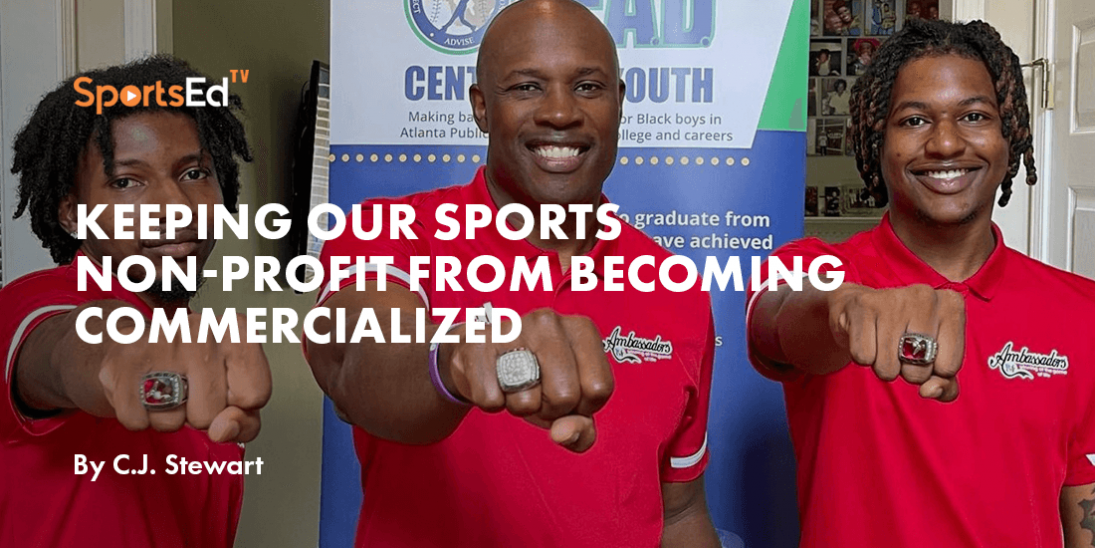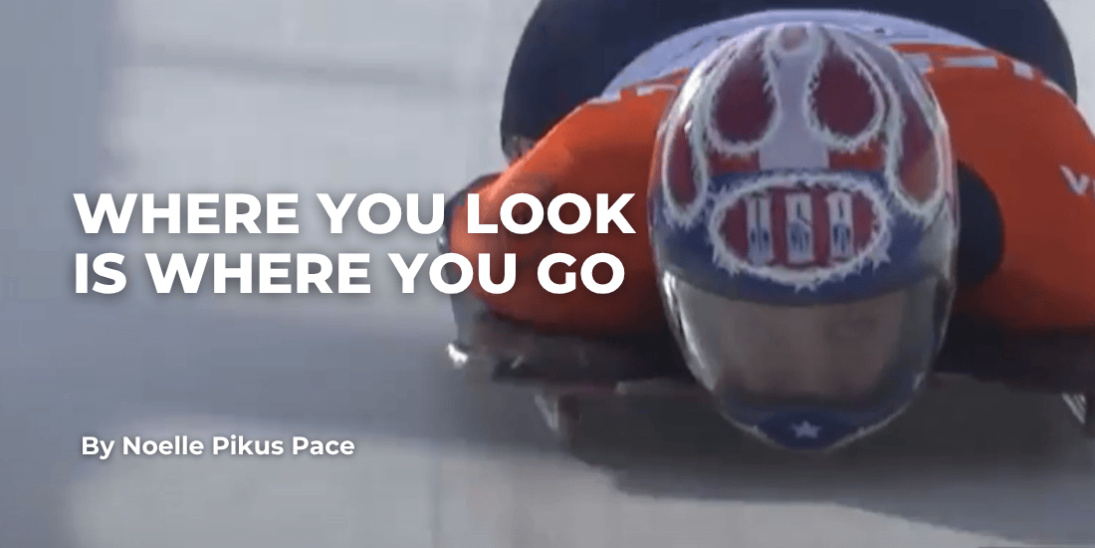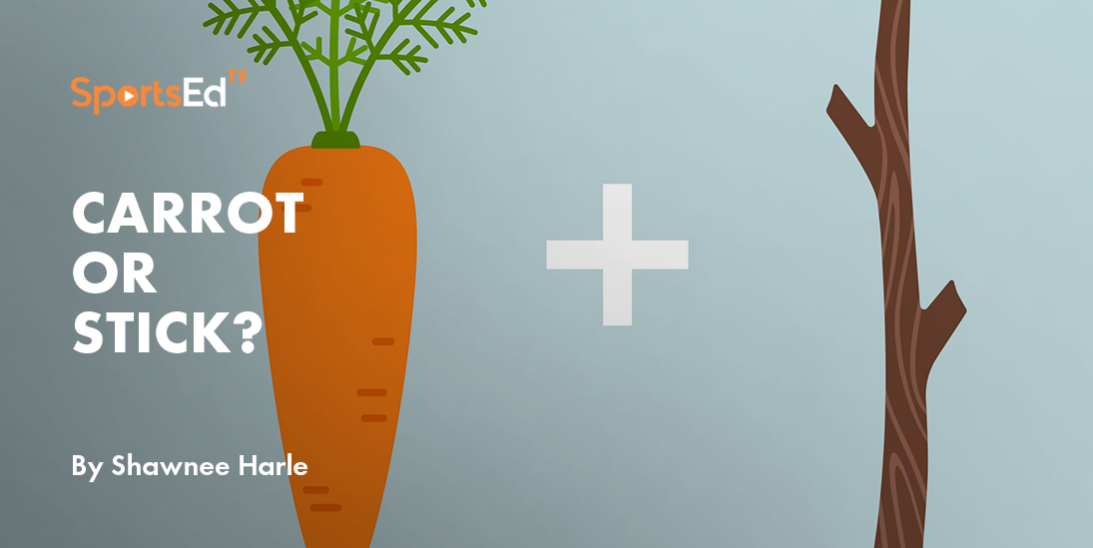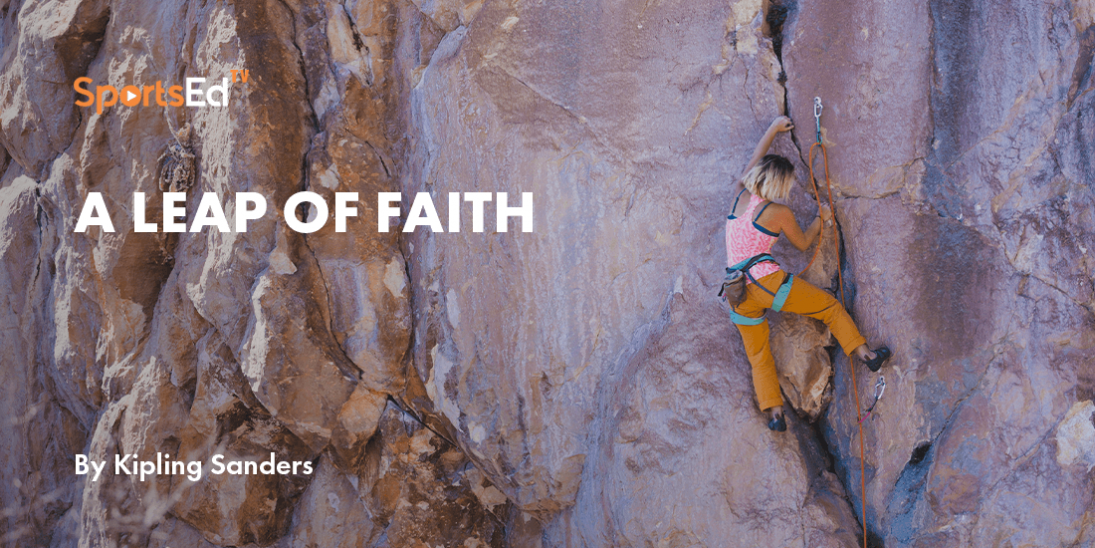Baseball, Mental Toughness
Welcome and thanks for visiting...

Why Black Youth Need More Dream Catchers
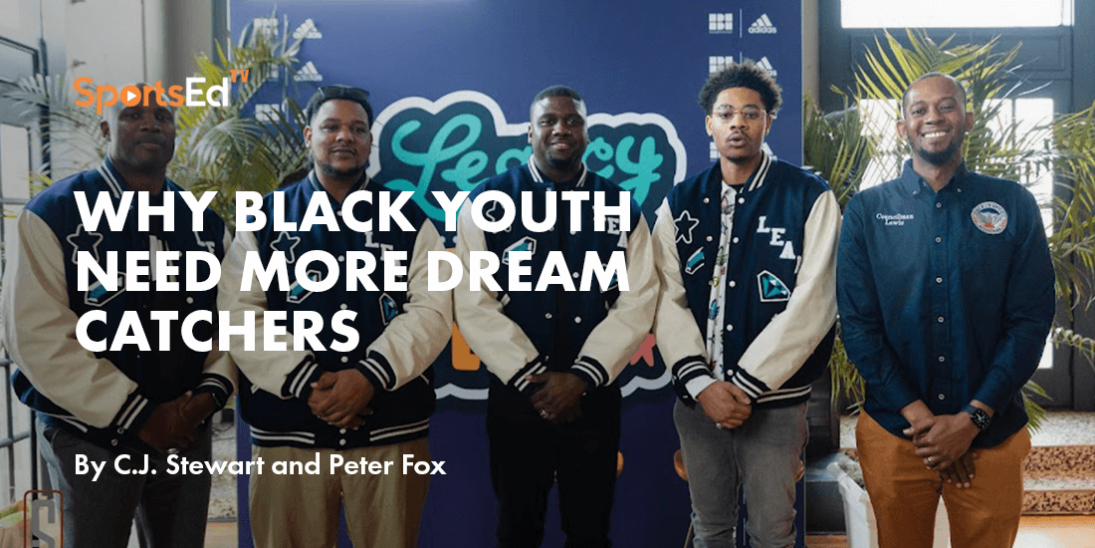
A SportsEdTV interview with C.J. Stewart, who leads L.E.A.D, a baseball platformed non-profit organization, the initials of which stand for Launch, Expose, Advise, and Direct. Its mission is to empower an at-risk generation to lead and transform their city so they can become Ambassadors who lead Atlanta to lead the world.
A stalwart in his community, C.J. is a prolific author, lecturer, and leader.
SETV: C.J., why do you think so many people say they don't know what they want to be when they grow up?
C.J. Stewart: A lot of people say they don't know what they want to be when they grow up because they don't know how to become what they want to be. Yes, we're human beings, but you can't be a child all your life. For me, knowing what you want to be is a function of dreaming. If you can’t dream, something is wrong.
I think when you’re young, there are so many things to be, that dreaming becomes exhausting. That’s why you need dream catchers in your life, not dream killers. Dream catchers are people who care about you so much that they’ll expose you to everything you dream of doing. This enables you to keep the dream alive until you decide to kill it.
Why do you think this is a widely accepted thing to say?
Because a busy society often does not have time for the truth. We are forced to subscribe to what is trite as being right. Being busy happens when we don't have a clear purpose. Our purpose is our reason for being, but we must become. Becoming is about being productive. Knowing my life purpose allows me to say no to busyness. Being busy strips our lives of peace, and we normalize chaos and spontaneity.
I found my life purpose many years ago by asking myself four questions:
- What do you worry about?
- What do you dream about?
- What makes you cry?
- What brings you joy?
My life mission is to be significant by serving millions and bringing them into a relationship with Christ, starting with my wife, Kelli, and our daughters, Mackenzi and Mackenna.
What do you think is wrong with not knowing what you want to be when you grow up?
Just because you don’t know what you want to be doesn’t mean you cannot have a good life. But it does mean you can find yourself wasting time.
As a child, my mother, teachers, and the media told me that to be a successful Black man meant that I needed to be a doctor, lawyer, or engineer. I never liked any of those professions. I wanted to become a professional baseball player and social justice advocates like Jackie Robinson and Hank Aaron.
Being a Black boy educated in the inner-city Atlanta Public Schools System—the same school system that educated Dr. Martin Luther King, Jr., Maynard Jackson, and Vernon Jordan—meant that it was near impossible not to care about social justice. Atlanta was at the heart of the Civil Rights Movement. I felt like being a son of Atlanta gave me the audacity to dream like Dr. King.
In 1966, the Atlanta Braves became the first Major League sports franchise in the Jim Crow Segregated South. They moved from Milwaukee to Atlanta with Hank Aaron to help prove that Atlanta was a “City Too Busy To Hate.” Proving that is one of the reasons Atlanta has so many Fortune 1000 companies headquartered here.
.jpg)
I worried about being poor and insignificant as a child. The poor people I knew seemed to always be stressed or in a constant hustle mode, as opposed to being chill and strategic.
Yogi Berra once said, “If you don't know where you're going, you'll end up someplace else.” Simply ending up somewhere was not how I wanted to live my life.
Did you always know what you wanted to be? If yes, how did this foresight set you up for success in life? If not, how would things have been different for you if you had?
I always knew what I wanted to be when I grew up. I fell in love with baseball around the age of eight. I’d watch Chicago Cubs baseball games with my grandfather daily during the summer on the Superstation—all their games were televised.
At the time, they had a few African Americans on the team. Despite the belief that being colorblind is the most effective way to shield yourself from systemic racism, at age eight in 1984, I saw the difference between Gary Matthews, Leon Durham, and Lee Smith and all the other white players who made up the majority of the roster.
I knew that I looked like Gary Matthews, not Ryne Sandberg. I felt like I had more in common with Gary Matthews and that there was nothing wrong with wanting to be like him because of his complexion.
Ironically, race is a man-made construct by white men for the establishment and sustainability of White Supremacy. So, the difference that existed was not my fault.
When I was around 16, I had my first experience playing baseball with white boys. I was never told they were better than me, but I knew that if I worked harder, I could be better than them. Playing with them allowed me to experience for myself how they approached life—how it was different from my approach.
They seemed to show up to play the game to win, while I showed up to prove I was better than them—even though they were my teammates. I believed if I could play professional baseball as an adult, I would have a platform as a celebrity to help make the world a better place.
As an adult, I’m confident in my ability to convert my dreams to reality as long as I remain connected to the Lord. I have a testimony that speaks to the fact it doesn’t matter where you start but how you finish.
I believe that confidence comes from past experiences of overcoming. I am confident in my ability to become one because of my past experience with overcoming.
Working with the L.E.A.D. Ambassadors and other high-school-age students, what’s your biggest piece of advice regarding this topic?
There are two things: If you don’t build your dream, someone will hire you to build theirs. Dream big, but take small steps toward achieving your dreams. You are never too young to dream.
And dare to dream big. Take a leap of faith and unleash your potential. Don't downgrade your dream just to fit your reality; rather upgrade your conviction to match your destiny. The future belongs to those who believe in the beauty of their dreams.
https://guardian.ng/saturday-magazine/if-you-want-to-kill-a-big-dream-tell-it-to-small-minded-people/
What do you recommend for those who don't know what they want to be when they grow up?
Get up. Shut up. Show up.
When people tell you that you don’t have to know right now what you want to be as an adult, get up and leave their presence. They’d be most helpful if they would challenge you to share what you find yourself dreaming of becoming. We all dream of being something. Or, they can challenge you to share a world problem you want to solve.
The Latin word for passion is suffering. What we are suffering from is what we are passionate about. If you’ve ever been homeless, you may want to become the CEO of Gateway Center (https://www.gatewayctr.org/). If you love Atlanta and love politics, and you hate that Atlanta is the worst city in America based on income inequality, you might want to become the Mayor of Atlanta.
According to Elizabeth Baptist Church’s Senior Pastor Dr. Craig L. Oliver, the most important conversations we ever have are the ones we have with ourselves. So, when you start to doubt your ability to become because of your current state of being, shut up. Then use social media as a tool rather than a toy and ask for help.
How does L.E.A.D. benefit its participants and set the boys up for success?
We set them up for success by partnering with them to adhere to our mission and vision, partnering with them to adhere to our Core Values and Virtues, and partnering with them to develop an awareness and understanding of Social Emotional Learning (SEL) Capacities.
The power of the task reminder and how a lack of follow-up by adults is killing our kids in the inner city of Atlanta.




